Industrial wastewater treatment relies heavily on efficient solid-liquid separation technologies to ensure compliance with environmental regulations and optimize process efficiency. Among the most effective solutions are hydraulic screen separators, industrial sieve systems, and automated sludge dewatering screens. Each of these technologies offers unique advantages depending on application requirements.
Inclined Screen Hydro-Cyclone Hydraulic Solid-Liquid Separator Equipment/Machine QXSLS-120T
1. Hydraulic Screen Separator for Wastewater Treatment: High Efficiency with Low Maintenance
Hydraulic screen separators are widely used in municipal and industrial wastewater treatment due to their ability to handle high flow rates while removing fine solids. These systems utilize a rotating drum or static screen with water pressure to separate suspended particles.
Key Benefits:
High filtration efficiency (removes particles as small as 0.5mm).
Low energy consumption compared to centrifugal systems.
Self-cleaning design, reducing manual maintenance.
Ideal Applications:
Food & beverage processing wastewater.
Paper mill effluent treatment.
Stormwater filtration.
2. Industrial Hydraulic Sieve Separator: Robust Filtration for Harsh Environments
Industrial hydraulic sieve separators are heavy-duty systems designed for challenging conditions, such as mining, chemical processing, and construction runoff treatment. Unlike standard screens, these separators use reinforced mesh and high-pressure water jets to prevent clogging.
Performance Comparison:
| Feature | Hydraulic Screen Separator | Industrial Sieve Separator |
|---|---|---|
| Particle Retention | 0.5mm - 5mm | 0.2mm - 3mm |
| Max Flow Rate | 500 m³/h | 300 m³/h |
| Maintenance Needs | Moderate | Low (self-cleaning) |
Best For:
Mining slurry dewatering.
Oil & gas wastewater.
Aggressive chemical effluents.
3. Automatic Sludge Dewatering Screen: Maximizing Water Recovery
Automated sludge dewatering screens are essential for reducing sludge volume and recovering reusable water. These systems use vibration or press filtration to extract moisture, significantly cutting disposal costs.
Advantages Over Traditional Methods:
Up to 70% reduction in sludge weight, lowering transport expenses.
Fully automated operation, minimizing labor input.
Compact design, suitable for space-limited facilities.
Common Uses:
Municipal sewage plants.
Textile dyeing wastewater.
Livestock manure processing.
Choosing the Right Separation Technology
The optimal solid-liquid separator depends on specific needs:
Hydraulic screen separators excel in high-flow, low-solids applications.
Industrial sieve systems handle abrasive and high-load conditions.
Automatic dewatering screens are best for sludge volume reduction.
By analyzing particle size, flow rates, and industry demands, businesses can select the most cost-effective and efficient solution for their wastewater treatment challenges.

 ENG
ENG
 English
English русский
русский Español
Español Tiếng Việt
Tiếng Việt ไทย
ไทย
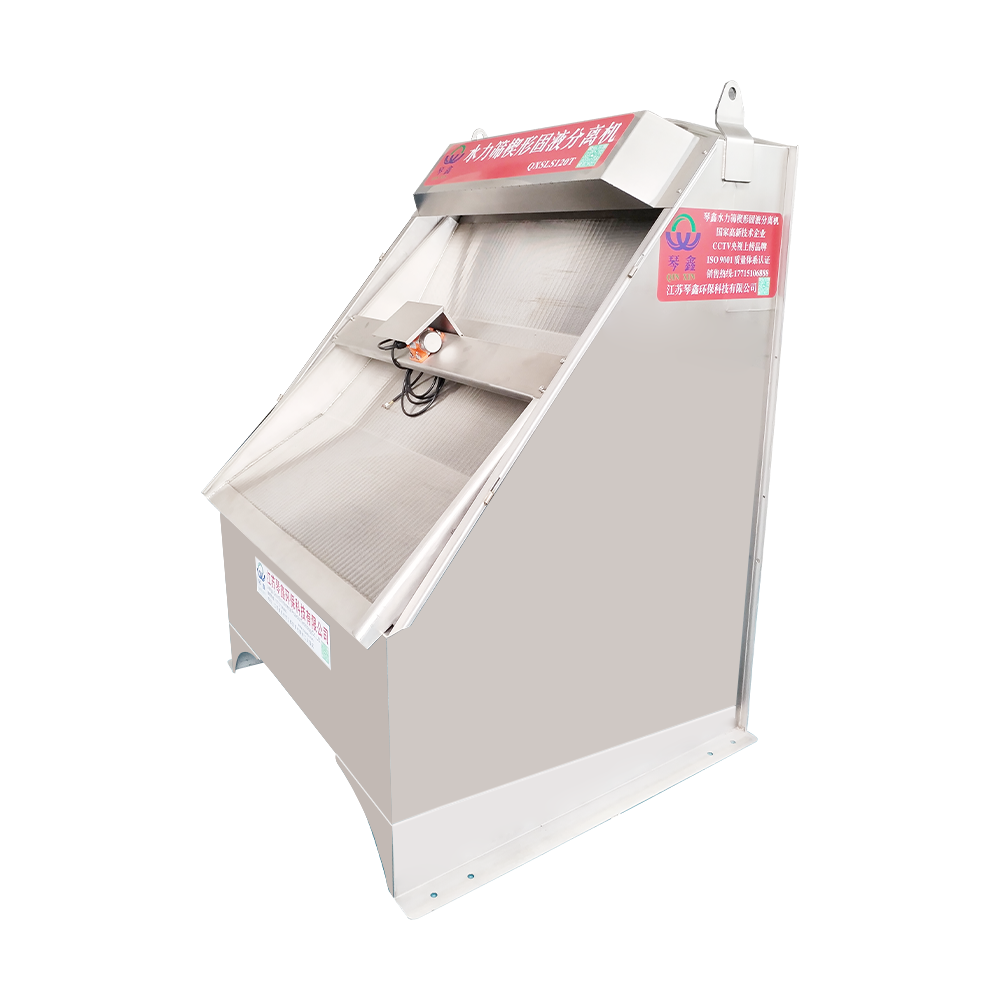
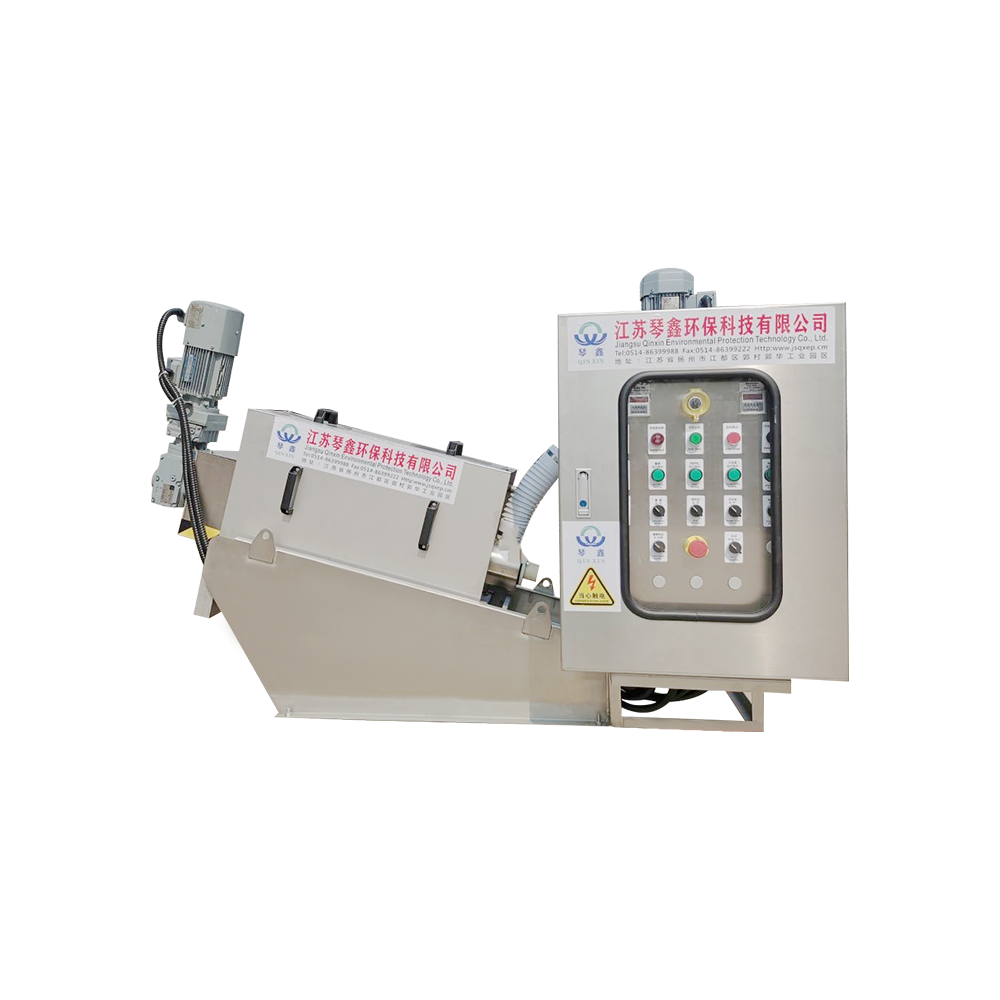
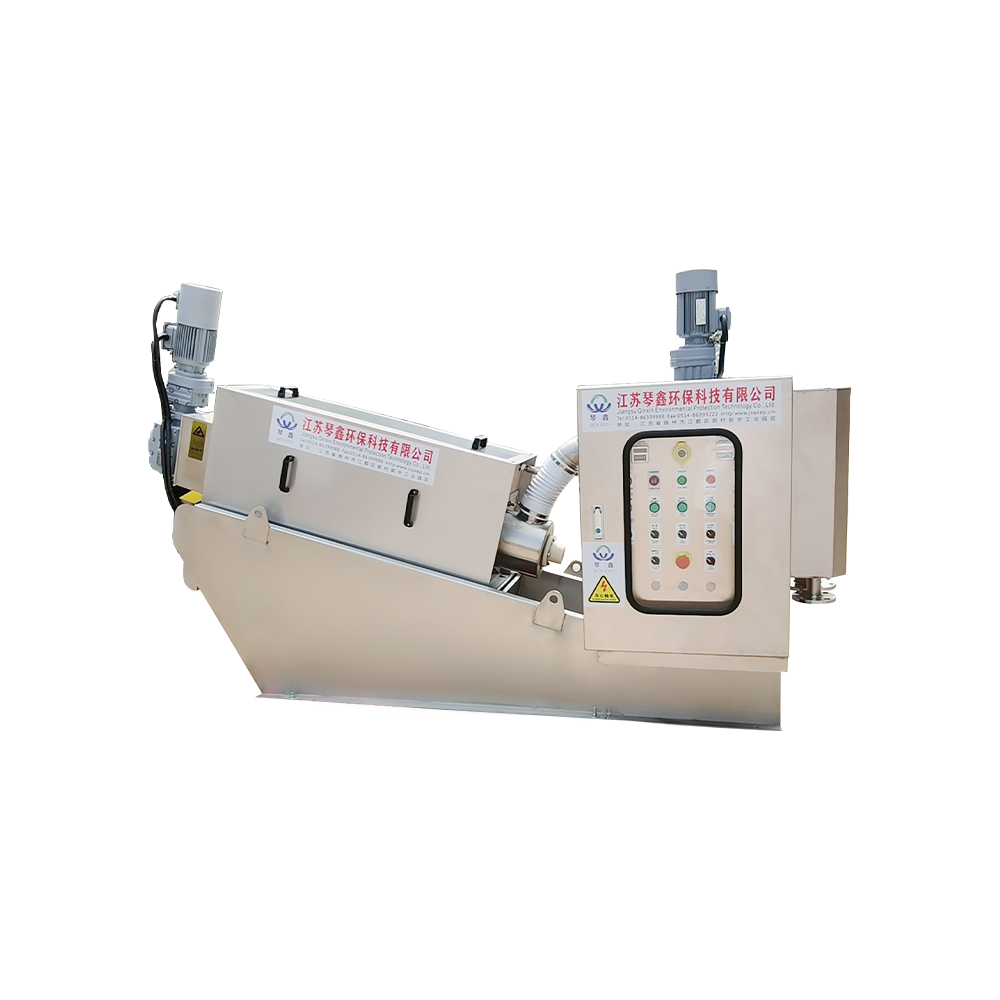
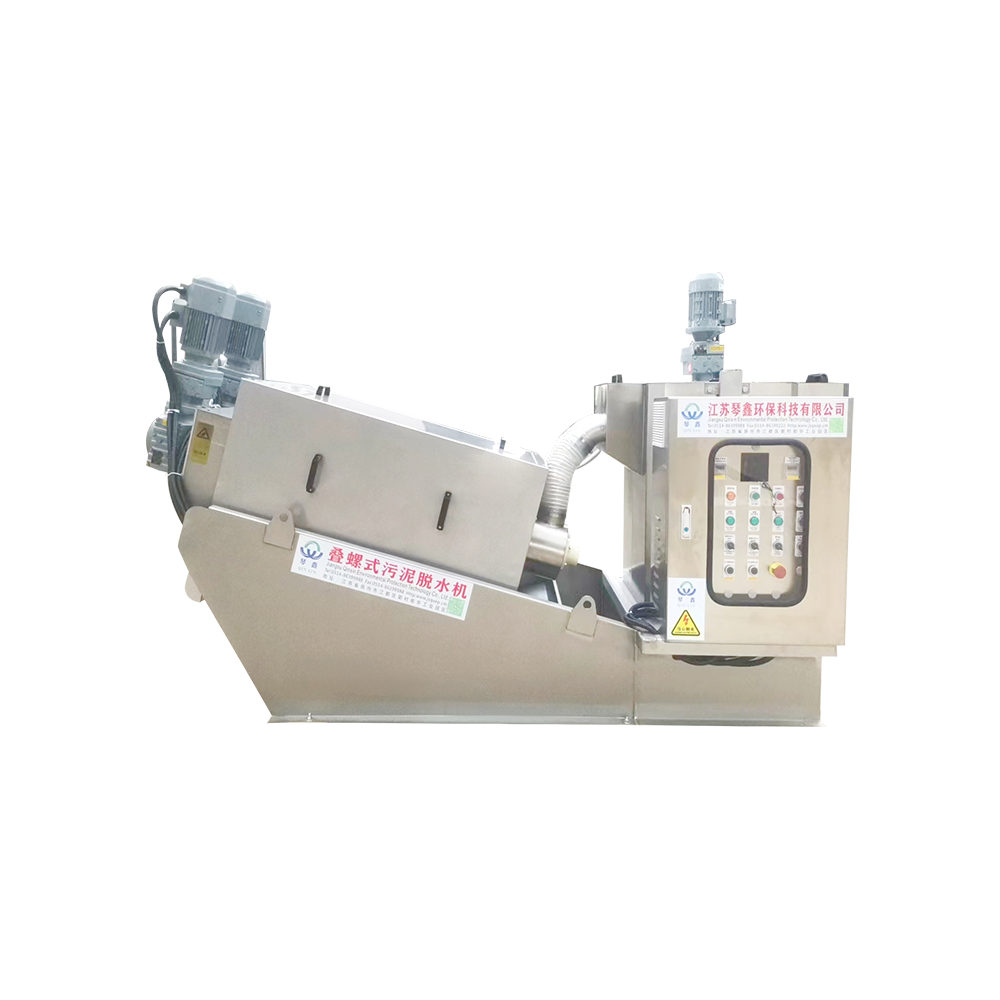
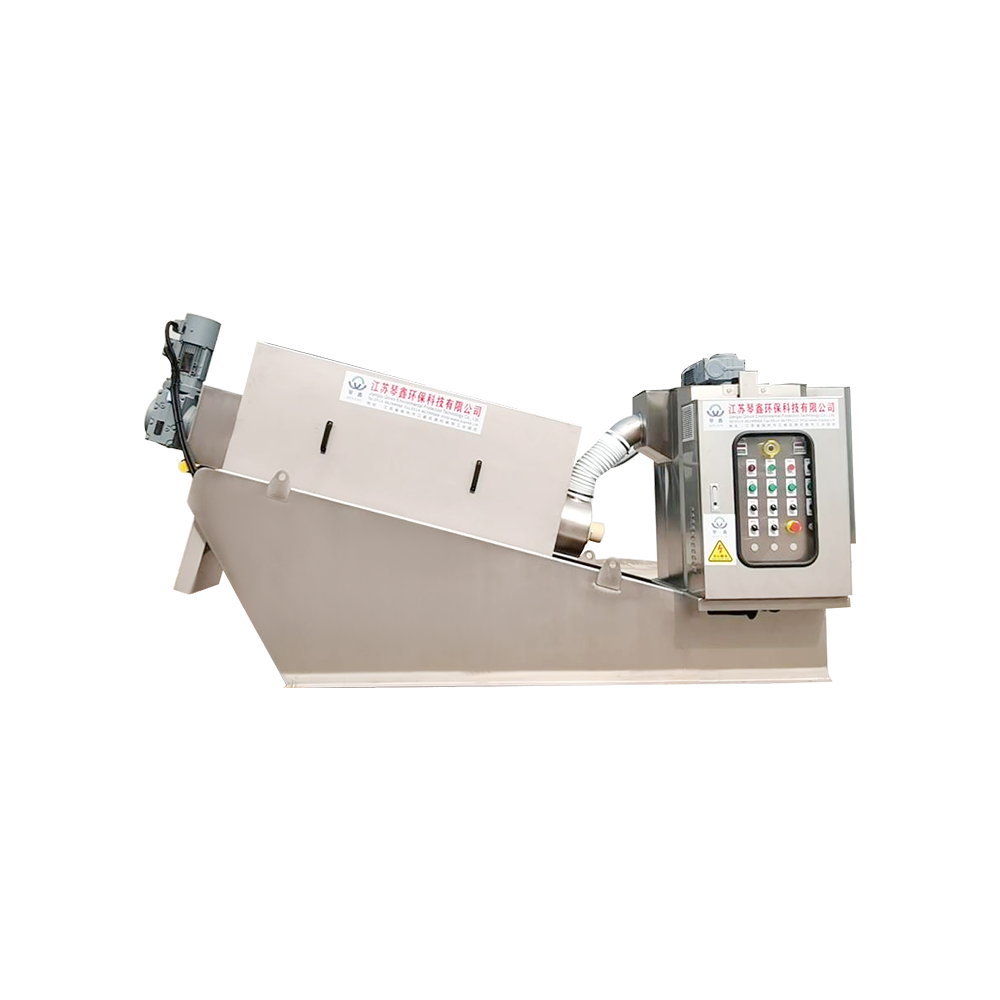
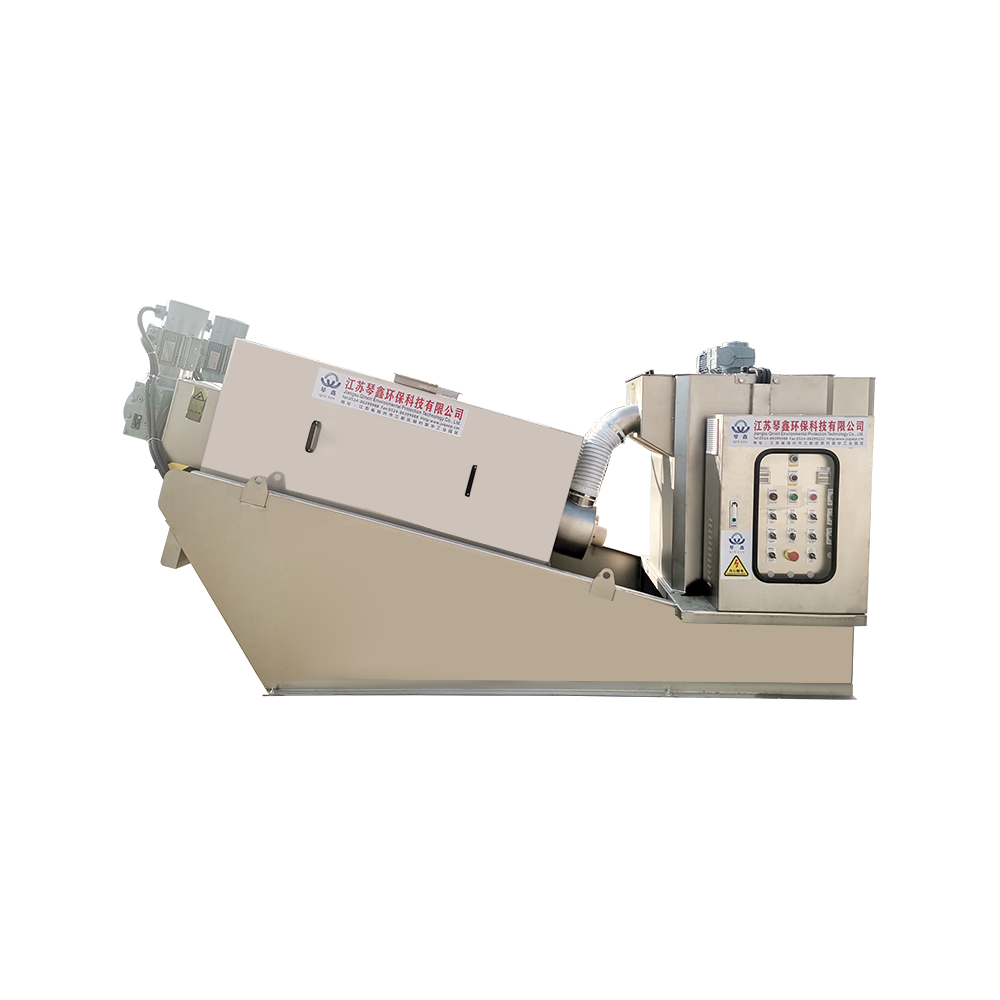

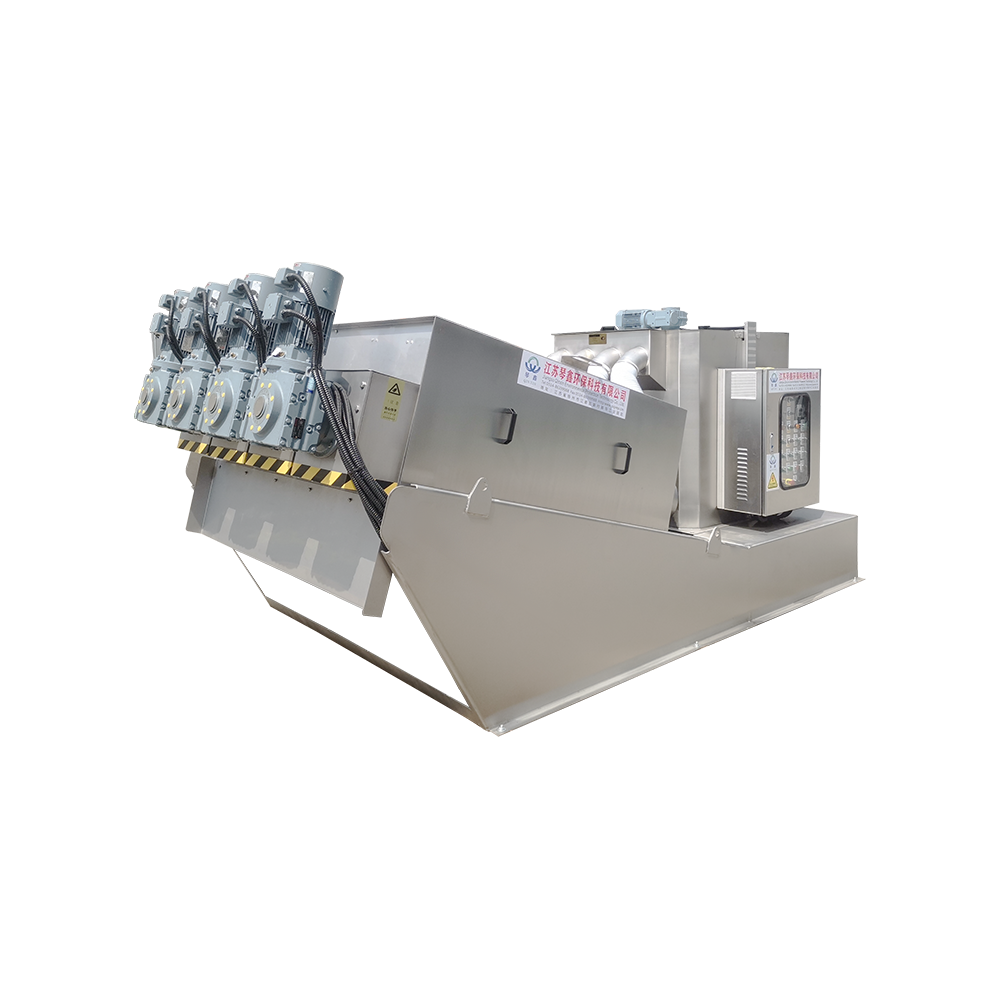
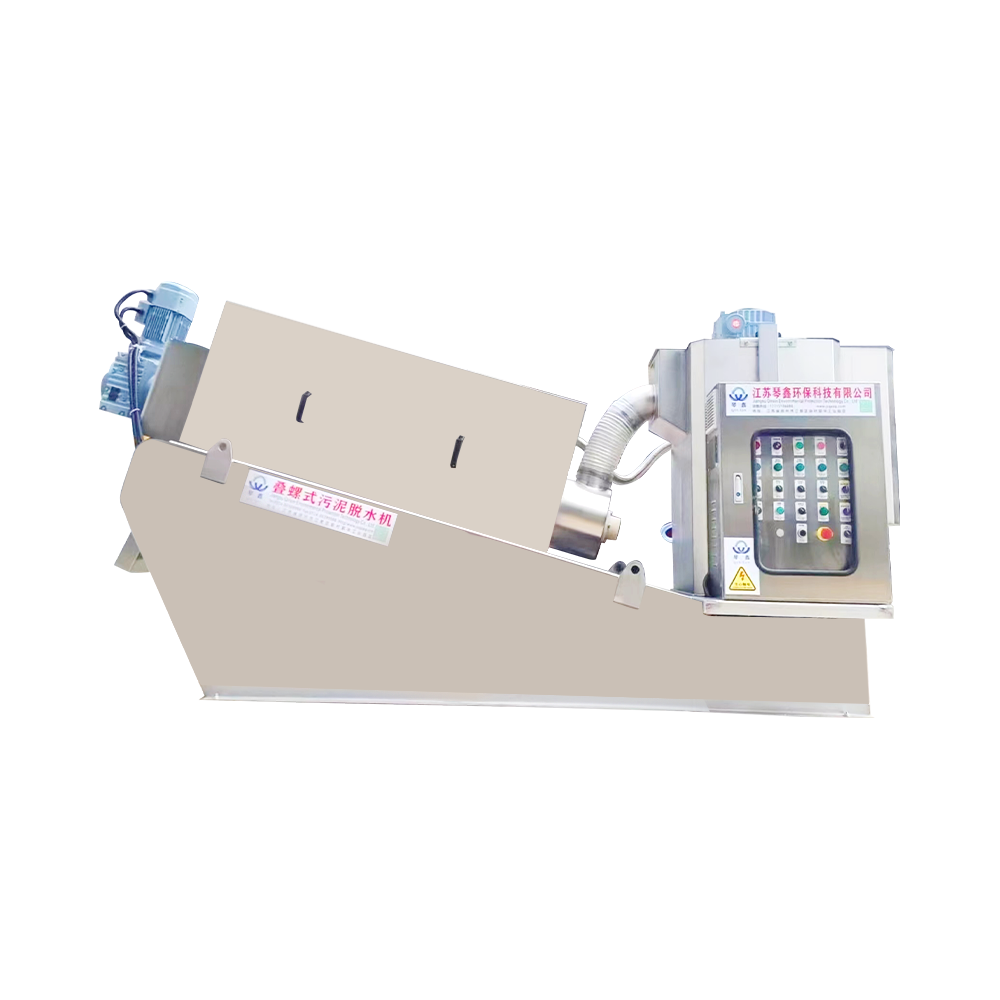

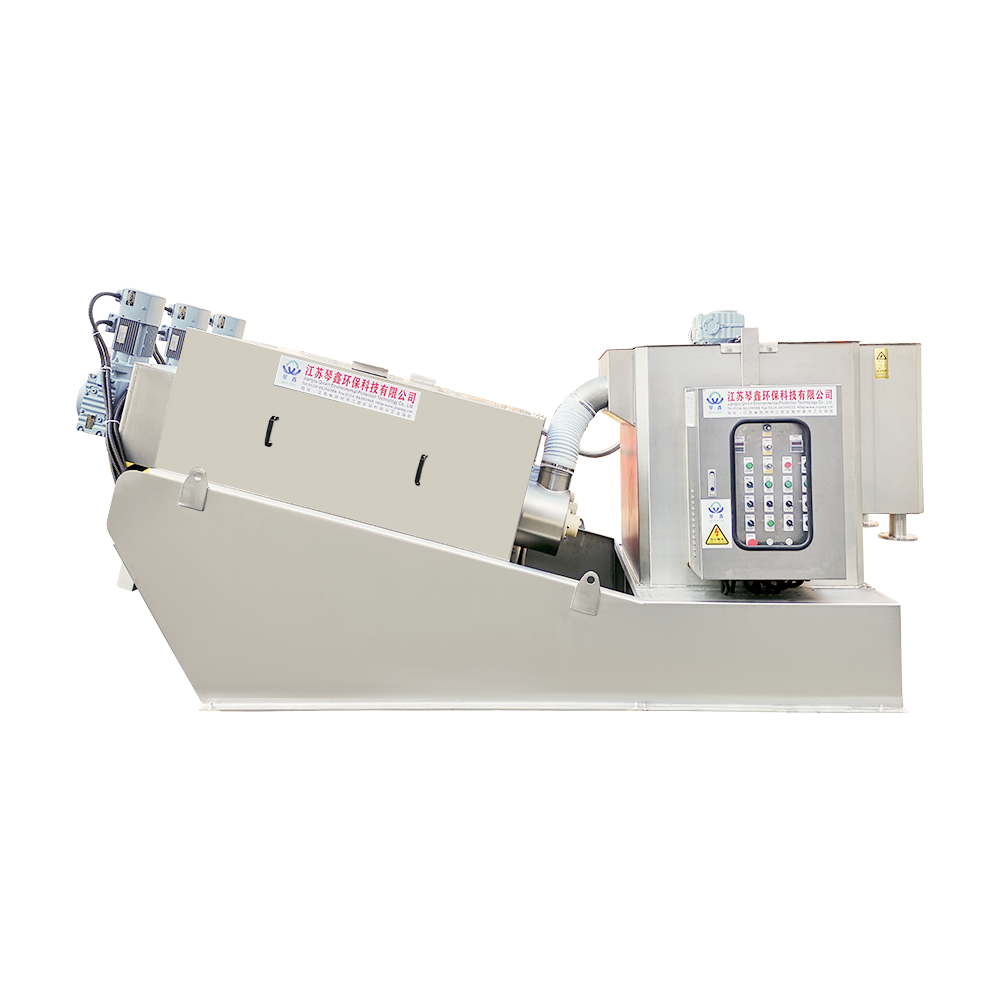
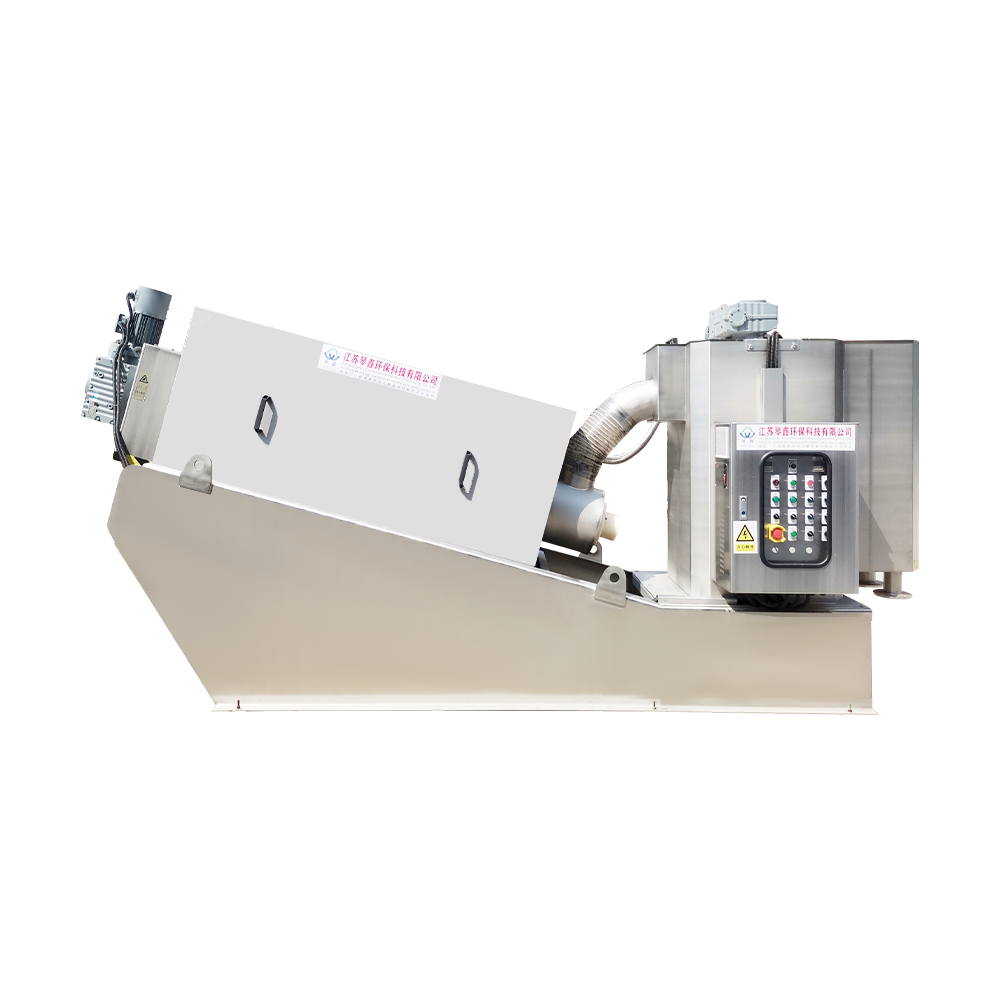
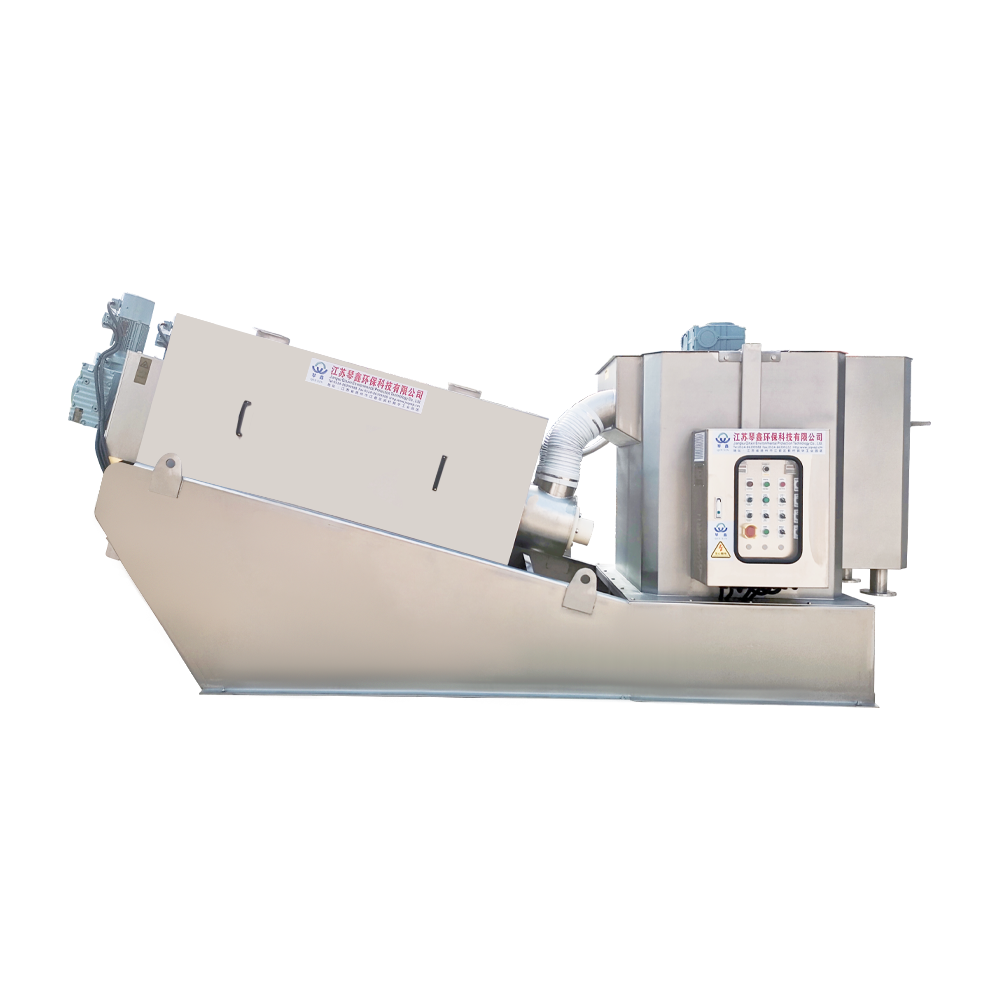
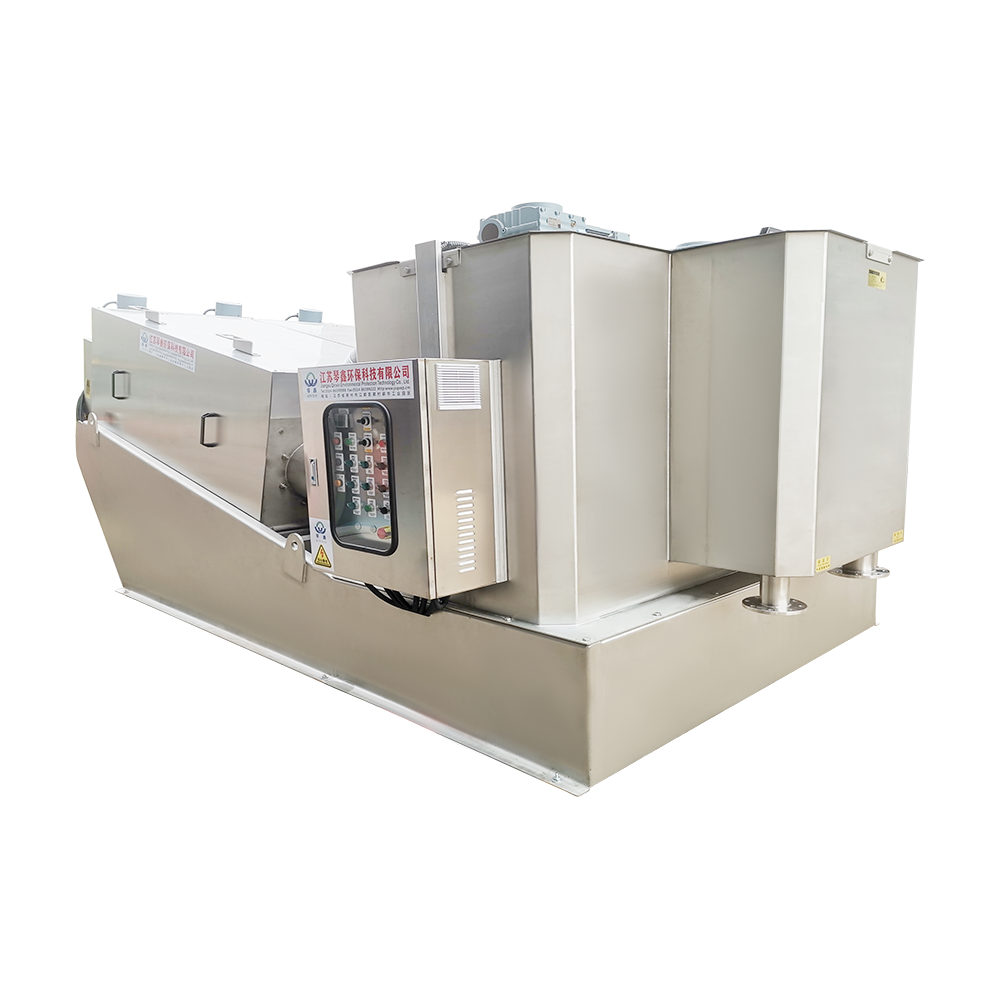
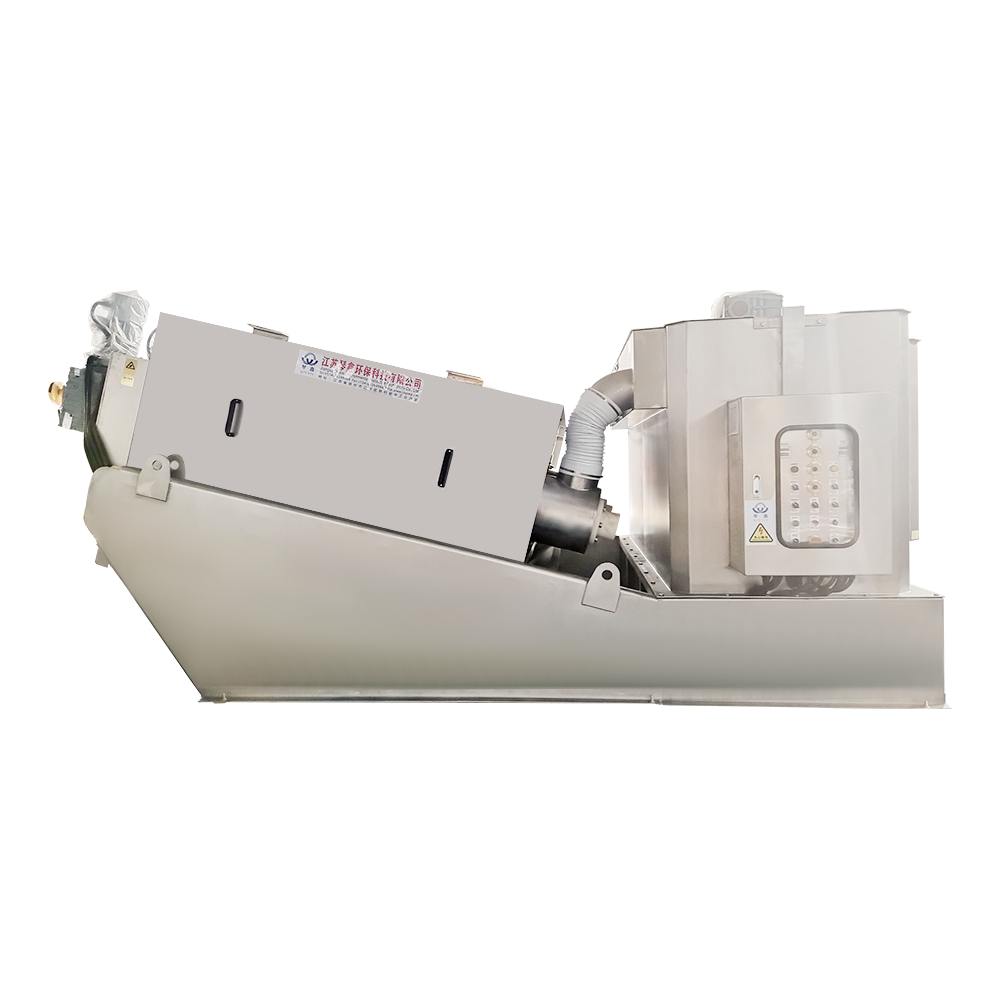
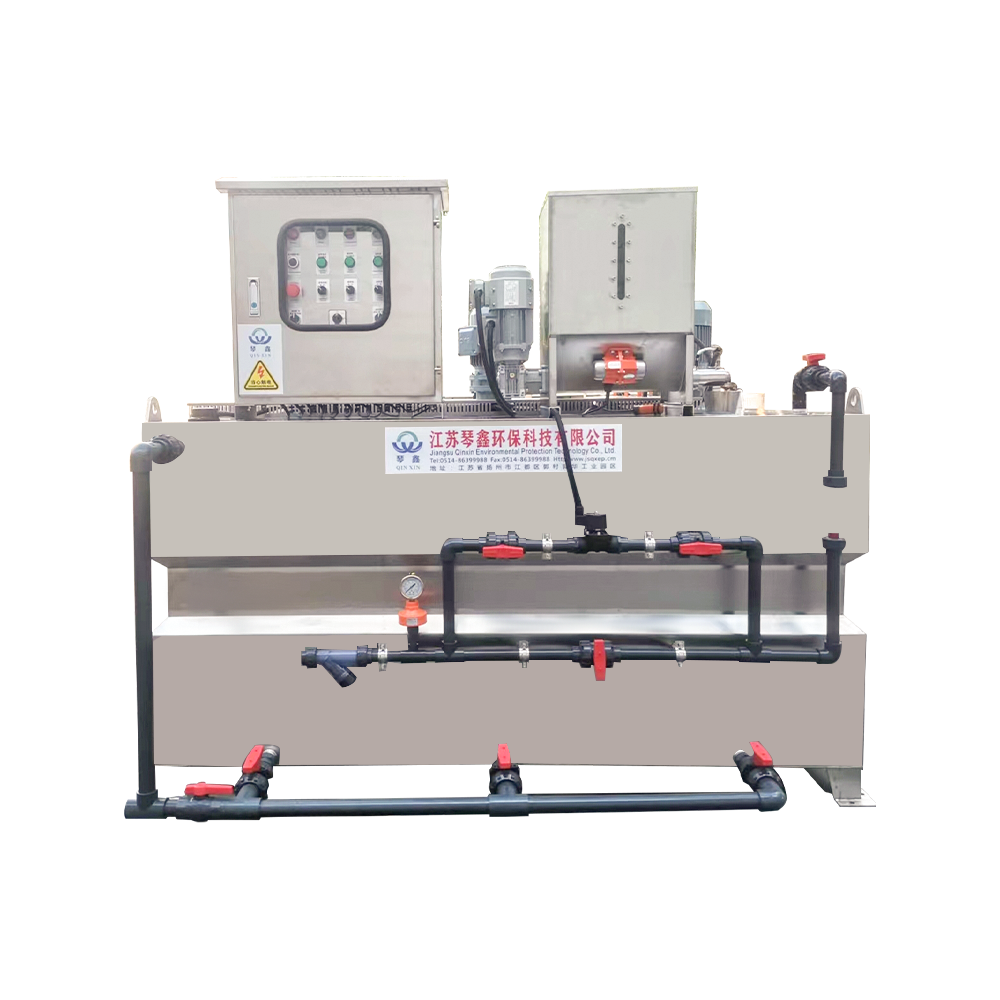

 TOP
TOP